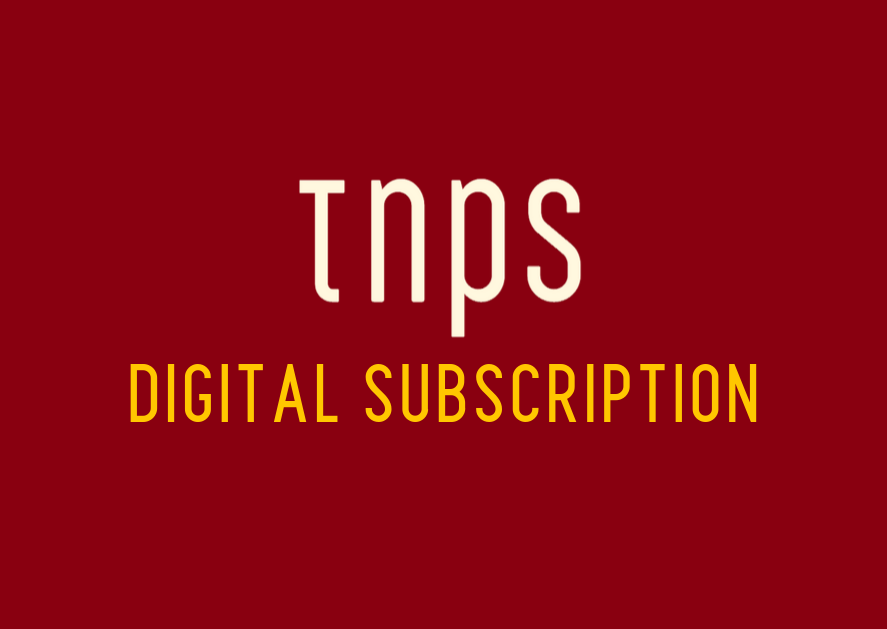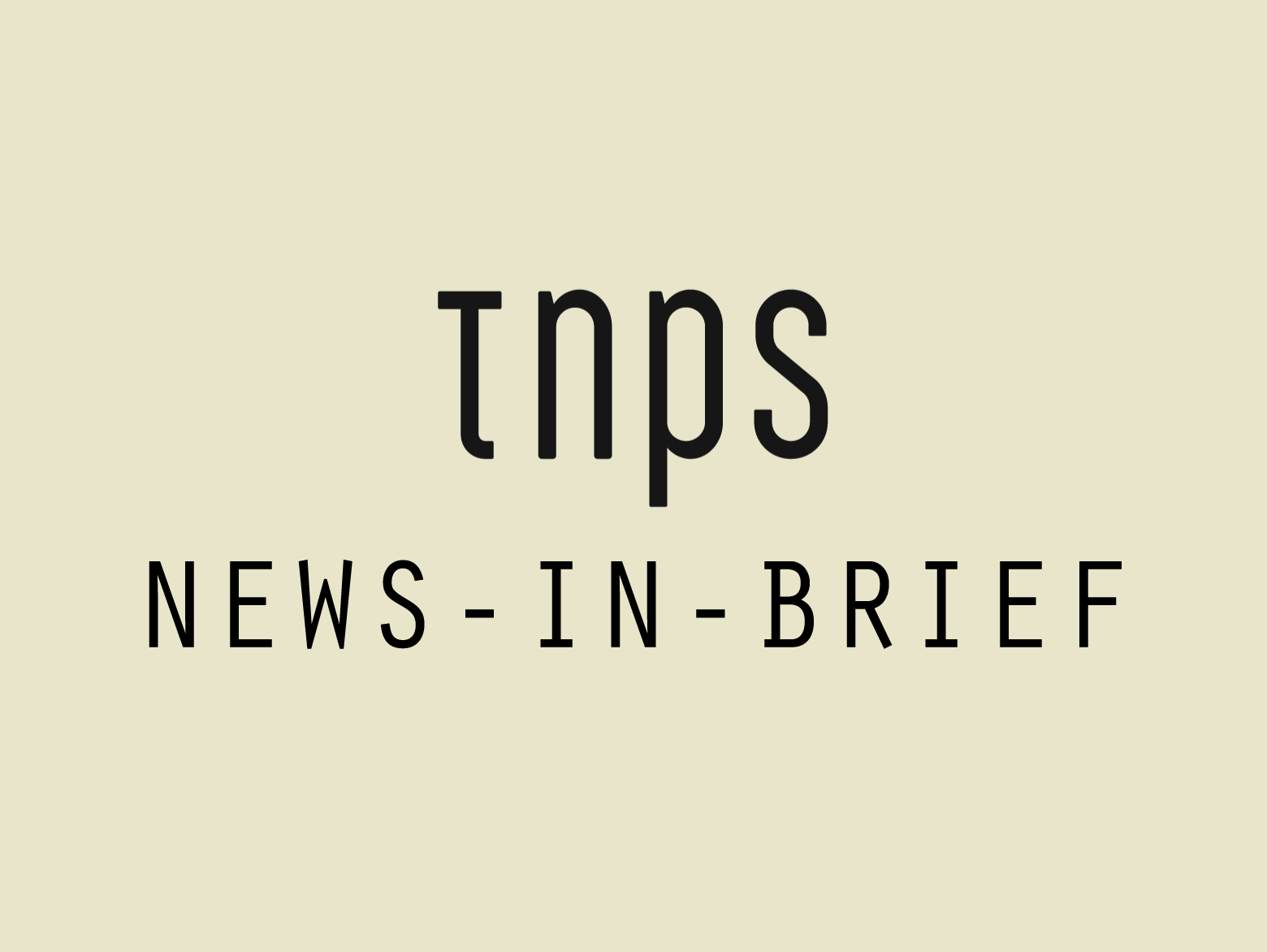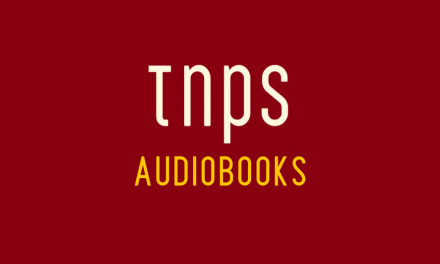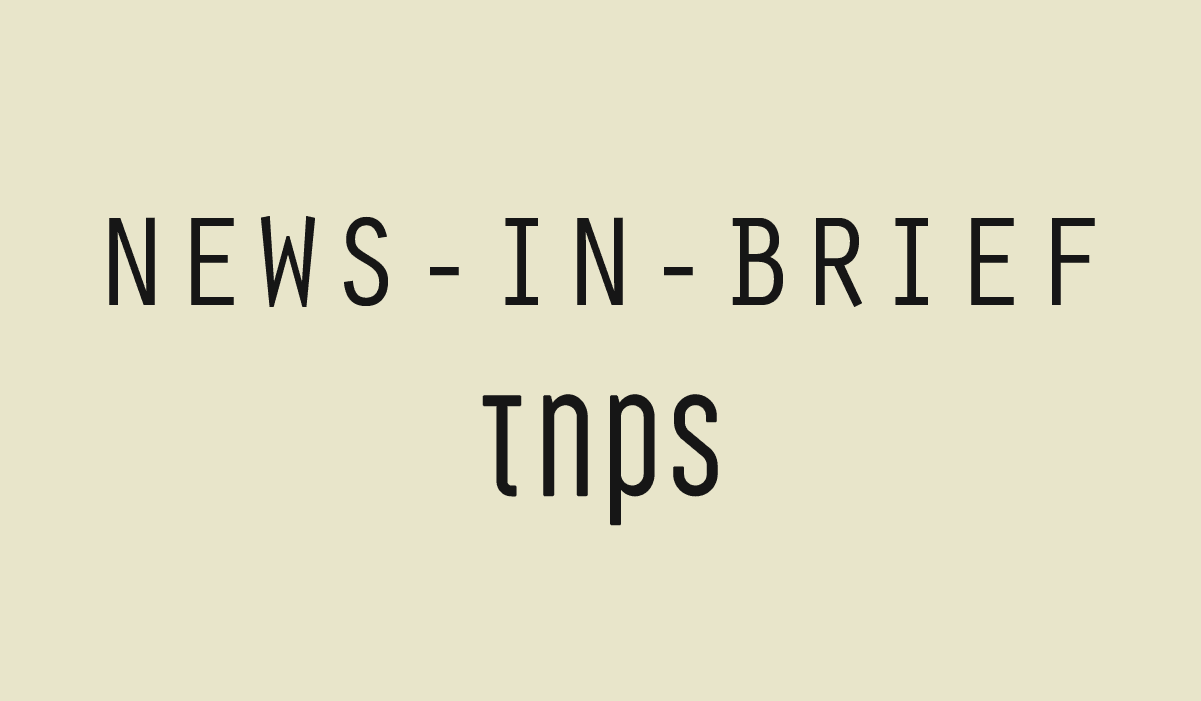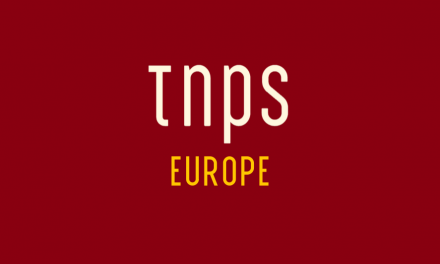Both listening and reading are increasing rapidly in all markets where Bookbeat is active, and in Sweden, ebook reading is actually increasing even more than audio book listening so far this year.
As this year began it was easy to be sucked into the narrative that audiobooks were the only digital format that mattered, as audio growth curves were touted, declines in ebook downloads shouted, and the screen fatigue brigade dined out on the decline and fall of the ebook empire.
Of course for the mature English-language markets the decline in ebook reading in the traditional sector was an artificial one brought about by publishers seeking to protect print by hiking ebook prices. The price hikes were self-evident and self-inflicted, and the causal link that high prices depress sales (Shock! Horror! Who would ever have thought it?) was proved by the publishing sectors not historically ties to print interests, that continues to grow. APub, for example, and indie authors, and the new breed of digital-first publishers, and digital libraries.
In the Nordics, by contrast, a different picture was being painted, where unlimited subscription audio became the big story and ebooks played second fiddle, often barely acknowledged, yet always there,, simmering gently in the background.
And then the pandemic arrived.
In the English-language markets digital – that is, online print sales, ebooks, and audiobooks – pretty much saved the day, and as the year developed so audiobooks seemed to lose some of their publishers’ darlings shine, and ebooks came to the fore.
Nowhere more so than in the end of year report from NPD BookScan, where ebooks and print shared the billing as the formats that made 2020 one of the best-performing year’s in NPD BookScan’s history, while audiobooks were relegated to the substitutes bench.
And while we don’t ‘have the full breakdown yet, the provisional figures for digital libraries, as led by OverDrive, showed a record 366 million digital downloads by end November, about two thirds of which are expected to be ebooks.
In the Nordics ebooks never really took off as this decade began, thanks to a heavy push into audiobooks by Storytel, which all but created and now owns the market. And while Storytel carries ebooks too, the focus has always been on audio, making it an easy mis-read to assume ebooks barely moved the needle.
So news from Storytel Turkey came with the surprising revelation that across the 20+ Storytel markets some 55% of the Storytel catalogue is made up of ebooks, not audio titles, and probably mostly in English.
Per a Storytel Turkey press release this week, Storytel TR’s Country Manager Berke İmamoğlu revealed Storytel Turkey, launched in 2018 –
has more than 3 thousand Turkish audiobooks, 80 thousand English audiobooks and 120 thousand English e-books.
An unspecified number of Turkish ebooks have now been added to the Storytel TR catalogue.
Coincidentally the same month that Storytel Turkey launched saw the launch of the Storytel ereader, two years after Storytel acquired the Danish ebook and audiobook streaming service Mofibo.
Marking the launch of the ereader, Storytel CEO Jonas Tellander opined,
Finally we can get Sweden reading e-books.
But ebooks never quite captivated the Swedish audience in the way unlimited subscription audio had, and often Storytel press releases were so audiobook-centred as to imply ebooks were unimportant in the scheme of things.
At least, until the pandemic arrived.
Early suggestions that audiobook interest was being hurt by lockdown measures cancelling the daily commute were short-lived and audio soon picked up speed again.
But as we’re seeing as the end of year numbers are totalled and the bigger picture emerges, ebooks were gaining new lease of life.
This week comes news that Sweden-based BookBeat, owned by Bonnier, saw ebook reading increase by 75% this year.
The numbers seem to have pleasantly surprised BookBeat, and now a new ereading app is being launched in collaboration with fellow Swedish company Colibrio to pander to this newly discovered demand.
Annika Elovsson, Head of Product at BookBeat, said:.
We are passionate about reading and want to give our 400,000 users the best e-book experience. Colibrio’s e-book reader is the foremost on the market today, so using it in our app was a natural step to sharpen the e-book experience.
The BookBeat press release, as reported by Boktugg, observes:
Both listening and reading are increasing rapidly in all markets where BookBeat is active, and in Sweden, ebook reading is actually increasing even more than audio book listening so far this year.
At which point, the same note of caution I apply when discussing audiobooks. This is a growth curve debate. It is not being suggested ebooks are outperforming audiobooks on BookBeat, just that ebook growth is higher this year.
As ever, a quick and simplified TNPS–style example for anyone not following the logic.
If BookBeat is seeing 100 audiobooks consumed and it rises to 120 then that’s 20% growth. If BookBeat is seeing 20 ebooks consumed and that rises to 40 then ebook consumption is still only one third of audiobook consumption, but ebooks have had a headline-grabbing 100% growth rate.
N.B. We do not know the relative consumption values for ebooks and audiobooks on BookBeat or any other Nordic streaming service.
Boktugg shares some data about Colibrio:
Colibrio has been around since 2011 and offers an SDK (Software Development Kit, a set of development tools that enables software developers to build applications against a specific software framework or in this case the Epub standard).
Colibrio Software AB had sales of SEK 650,000 and made a loss of SEK 634,000 (or SEK -2.6 million after write-downs) in 2019. Customers in Sweden include Axiell Media and Norwegian Beat Technology (which, among other things, built the Danish Chapters platform) and the Brazil’s Ubook.
It’s not clear how long the BookBeat ebook app has been being developed behind the scenes, but we can safely assume BookBeat will have been emboldened by the launch of Amazon Sweden in October without a Kindle store.

